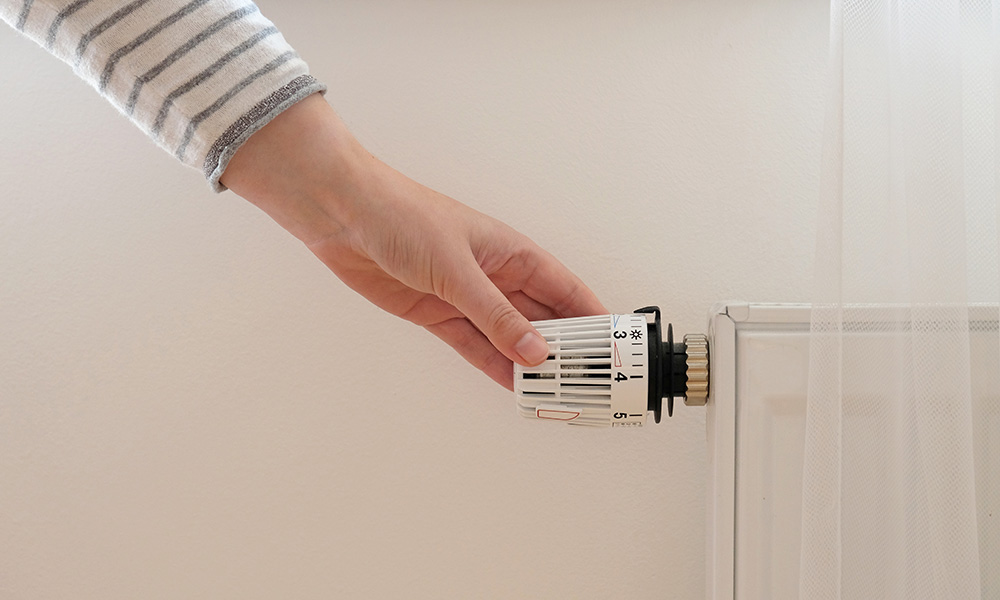
What’s the Difference Between a Survey and an EPC
When buying and selling a home, there are numerous terms you may come across that you may not have heard before, and you’ll be required to supply various documents that also may not have been on your radar previously. One of these is the Energy Performance Certificate or EPC. To get this, you’ll need to have an EPC survey, but how does this differ from a regular building survey, and why is it important?
What is an EPC?
If you are building, selling, or renting out a property in the UK, you are required by law to have an EPC. This will tell you how energy efficient a building is and give it a rating from A (very efficient) to G (inefficient). The EPC will detail how the property is performing, including how much it will cost to heat and light, and what its carbon dioxide emissions will likely be. Walls, floors, roofs and windows will also be assessed to determine their efficiency levels.
Importantly, particularly in these times of high energy prices, an EPC will also include recommendations. This will include actionable information that a potential buyer could use to reduce their energy usage. Not only are potential changes suggested, but the cost of implementing them and the typical annual savings they should produce are also detailed, along with the expected EPC rating after the improvement. Suggestions could include significant projects such as adding wall insulation and installing solar panels or more simple upgrades such as increasing the insulation on a hot water cylinder or opting for low-energy lighting.
What is an EPC survey?
For an EPC to be completed, an EPC survey of the property needs to be carried out by a qualified, accredited energy efficiency surveyor. As with a building survey, it’s a case of finding a surveyor and arranging a time for them to assess the property. This should take up to 45 minutes.
The surveyor will need access to every room in the house, including any lofts, if possible. This survey is a brief, non-obtrusive assessment, so don’t expect them to be lifting carpets or drilling into walls to inspect the condition of your insulation. Areas that will be taken into consideration include:
- The type of property, its age and the materials used in its construction.
- Insulation.
- Wall thicknesses.
- Heating systems and controls.
- Water cylinder insulation.
- Window glazing type.
It’s worth noting, however, that the assessment won’t consider any planned work, so if you’re making improvements, wait to arrange the survey until they’re done.
Also, the assessor can only include energy-efficiency measures that they can see or that can be proven. So if you’ve had underfloor or cavity insulation installed, have the relevant documentation to hand for them to review.
After the surveyor has inspected the property, they will produce your EPC. This will be published on the EPC Register and sent to you. It will be valid for ten years from the date of issue.
Why is an EPC important?
As well as being a legal requirement when you sell a house, an EPC is also a valuable document as it shows prospective buyers how energy efficient a property is and how high their energy bills are likely to be should they buy it. Importantly, it also gives them clear information for carrying out improvement works, including costs and returns. This means buyers can make an informed decision about whether the home is right for them and which improvements would make the most sense.
Do I need an EPC if I have a building survey?
Yes. The EPC survey is separate from a building survey. While a building survey will provide some information on the energy efficiency of a property, the EPC survey will be carried out by a qualified energy efficiency surveyor. It will give more details on the specifics of your property and any improvements that could be made. The building survey, meanwhile, is a broader, more comprehensive inspection that assesses an entire property, from its structural integrity and roof spaces to outside areas and all physically accessible spaces.
In addition, while the buyer will pay for and arrange the building survey, it is the seller’s responsibility to supply an EPC. Both documents are essential for potential purchasers to fully understand if the property is right for them, if it’s in the condition they expect and if the costs of maintaining it are within their budget.
The Novello Approach
At Novello, we know how important it is to be clear on the full costs included in running a new home, and energy efficiency is a key part of this. While we don’t conduct EPCs ourselves, as part of our extensive Building Survey not only will we comment on the accuracy of the EPC and highlight any discrepancies we may uncover, but we’ll also offer energy efficiency improvement advice. This could include anything from highlighting where windows and doors could be upgraded to reduce heat loss, to inspecting the property’s construction to identify if the home has cavity walls and so will benefit from higher levels of thermal insulation.
This is just one aspect of our comprehensive Building Survey, which will ensure you are fully informed about all aspects of a property before you commit to a purchase.
To find out more, contact us today or arrange a free consultation.


